One of the reasons I love wine over all other drinks is this: opening a bottle is a shared act. It is best appreciated when someone else is having the same wine as you. It is as much a social endeavor as it is a beverage.
And yet, when it comes to assessing wine in front of other people — whether its the first sip of a bottle at a restaurant, or a flight of wines in a group setting — things often get awkward.
The first circumstance is familiar to everyone, and rife with embarrassment. It doesn’t help that the sommelier is standing over you, or that your friends have paused conversation while you taste, awaiting your judgment.
But the second circumstance — a wine tasting — is the one I want to focus on.
A parent group from my child’s school recently invited me to an in-home wine tasting. The event was conducted by a company that produces its own wine, sells the wines through these in-home tastings, then donates some of the proceeds to a cause (in this case, my kid’s school).
I won’t get into the quality of the wines, nor some of the factual errors the presenter said (OK, just one: “Champagne is what the French call sparkling wines, while Italians call it Prosecco!”), but the event reminded me of one important fact: wine tasting often makes people feel dumb.
The first 10 minutes were spent telling people how they should hold their glass (“only by the stem”), how they should smell (“the proper angle to hold the glass to your nose is…”) and how they should taste (“swish it around real good”).
Reviewing these rituals without an ounce of humor or flexibility made everyone clam up. Several times throughout the night, “I don’t know anything about wine,” was muttered in one form or another. It was a goddamn shame.
Now, I was at this event to make friends with strangers. These were the parents of my daughter’s classmates, and I wanted to get to know them. I had no desire to announce my experience as a wine writer and set the stage for being that guy (but oh, was I tempted with that Champagne/Prosecco statement!).
Nonetheless, the encounter got me thinking on what I’d do differently. What would I say to make everyone feel at ease about learning wine?
So, I’ll give it a try.
Know Why You Are Tasting Wine in the First Place
Odds are, you’re not there because you are thirsty. You likely want to learn more about wine and have a good time with friends.
Here’s the good news: Tasting a series of similar wines is the fastest and best way to increase your wine IQ. More importantly, it is the best way to understand your preferences. Often, a Cabernet Sauvignon by itself tastes like a bold red wine, and a Cabernet Franc by itself tastes like a bold red wine. But put them next to each other and suddenly, noticeable distinctions emerge. And from there, you begin to learn what you like (or dislike) about each one.
Pay attention to these subtle differences, because you are building an amazing amount of knowledge with each sip. These details are the basis for becoming more intelligent on what matter’s most: what you like.
Tune Out the Noise
Yes, there can be a lot of ceremony involved (the steps of swirling, looking at the wine’s color, smelling the aromas, and so on). In tasting rooms, servers often have a set script they stick to on each wine. You’ll often hear “this is our Chardonnay. You will notice aromas of lemon rind, toffee and coconut…”
Take a deep breath and know that you can ignore all of it. Your nose and your palate are the only voices you should trust. Everything said to you is either background and context (at best) or misguided clutter (at worst). Don’t get lemons? Who cares? Can’t remember the last time you tried toffee? I can’t either. These are just their impressions. What matters is what it reminds you of.
And etiquette? Relax. If you don’t care about the color of the wine, skip that step (confession: I usually do). Worried that you might slosh wine all over your shirt if your swirl? I’ve done that plenty of times. Don’t swirl it then. (It does unleash the wine’s aromas, but there is always time to practice later). And did your fingers touch the bell of the wine glass? Don’t worry: I doubt the body heat in your fingertips microwaved the wine in the 10 seconds you held it that way.
Lastly, if your server or host is providing too much information, feel free to tell them so. Once you free yourself of their impressions, you become less impressionable — and more capable of deciphering your own taste.
Ultimately, you are the judge. Your nose and palate are the only voice that you should trust.
A Sidenote On Tasting Notes
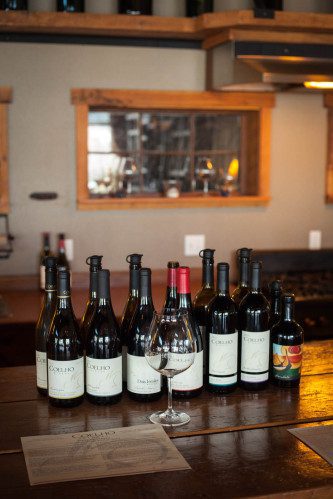
If you are interested in learning more about wine, it really helps to write down your impressions — they don’t even have to be complete sentences, and they shouldn’t even be written down as infallible truths. (Because they aren’t. Infallible truth doesn’t exist in wine tasting).
Simply putting a few words to what you observe helps make sense of the wine, and gives you a reference point to look back on later.
Once I started doing this, I began to remember certain traits about certain wines, and that helped enormously with my wine shopping. If you take notes when you taste wine, your batting average on buying great wine will go up.
At the same time, take other people’s tasting notes with a grain of salt. Just because the winemaker confidently states “this wine displays notes of plum, cassis and tobacco,” what they really ought to be saying is “this wine reminds me of plums, cassis and tobacco.” Again, there is nothing infallible about these descriptors. And truthfully, that plummy note they pick up might taste more like cherry to you. Discrepancies like this happen all the time.
You also might hear descriptions of acidity, tannin, depth, and length — all fascinating components to a wine, but only if you know what they are. Challenge your host to explain them to you. Most people in the wine industry are so close to the topic, they often revert habitually to wine speak. But many are also happy to define these terms and demonstrate them firsthand. After all, that’s what you are there for: to learn. If they don’t want to be troubled with educating you, then they don’t deserve your business.
Talk About it Differently
Many of you would rather give a speech on the Spanish Inquisition than be asked to describe a wine. But it happens, and it should. People want to know what you think about wine, and while you do not owe anyone an explanation, putting words to what you are experiencing is a crucial step in reinforcing your preferences. Give it a go. You can even avoid tasting notes. Describe what kind of occasion or meal the wine might go well with. Or personify the wine: It’s aggressive. It’s friendly. It’s stand-offish. If you like cars — for instance — liken them to a car. “This one is like a Jeep Wrangler, that one is like a Hummer.”
One of the best wine descriptions I ever heard came from a bar manager who was pouring a Brunello di Montalcino at a winemaker dinner in my neighborhood: “It’s like I am a vampire, and this is my first taste of blood.” I couldn’t have said it better.
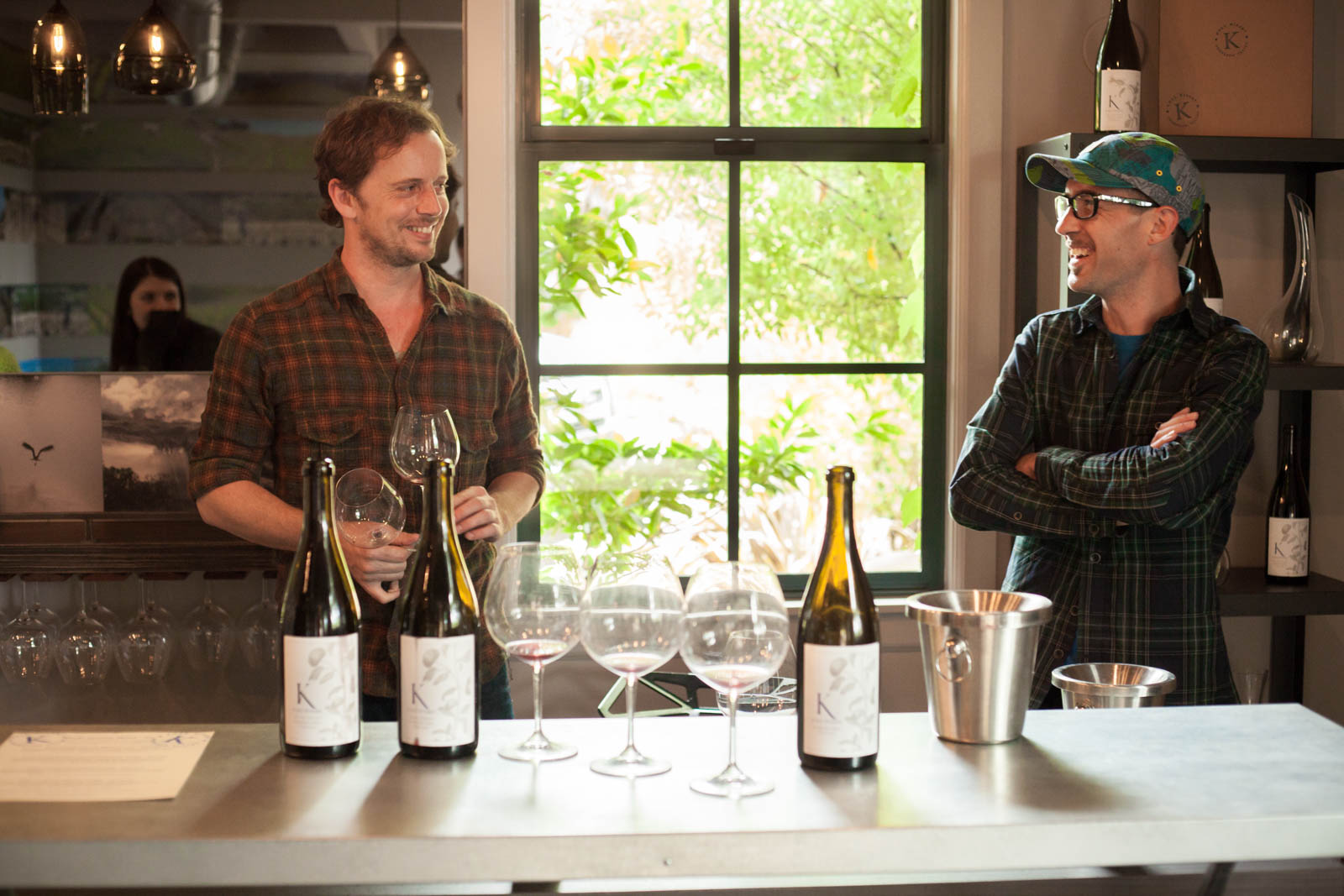
If you are not ready to share your thoughts, then change the conversation, especially if you are face-to-face with the winemaker. Inquire about the vineyards and why they think they’re special. Ask about any family history with the estate, or if they are experiencing any challenges with the weather this year (there’s always something). These types of questions will open your eyes to the world of wine, and you’ll likely want to just keep going deeper into it.
Again, rituals, impressions and sensory experiences are personal. The context in which we enjoy wine is much more open, universal and less intimidating than you might think. And that’s the space where true enjoyment occurs.
Note: The article was originally published on September 17, 2015, but has been revised with fresh anecdotes about a misinformed in-home wine tasting, Italian cars, vampires tasting blood, as well as some better photos.

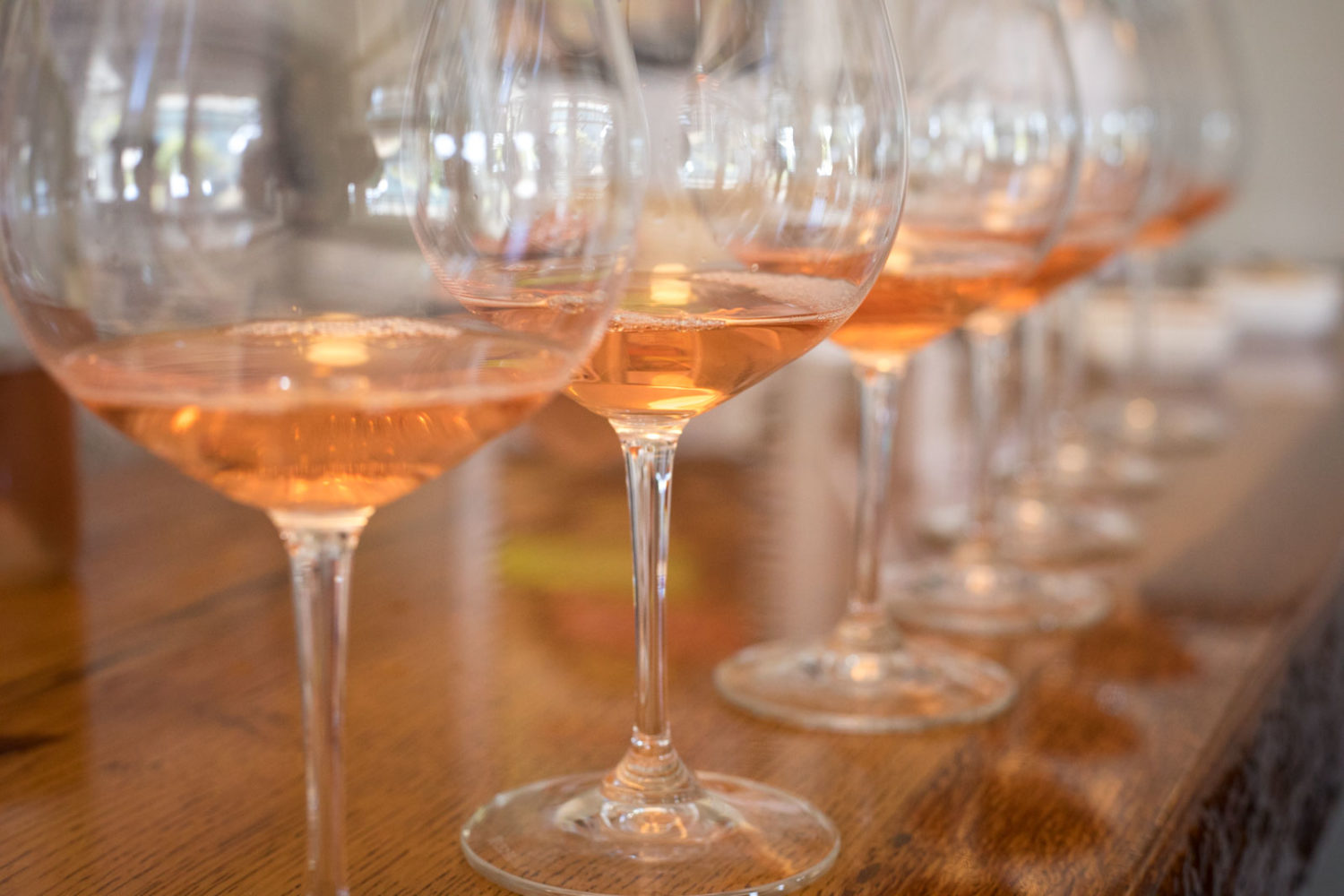
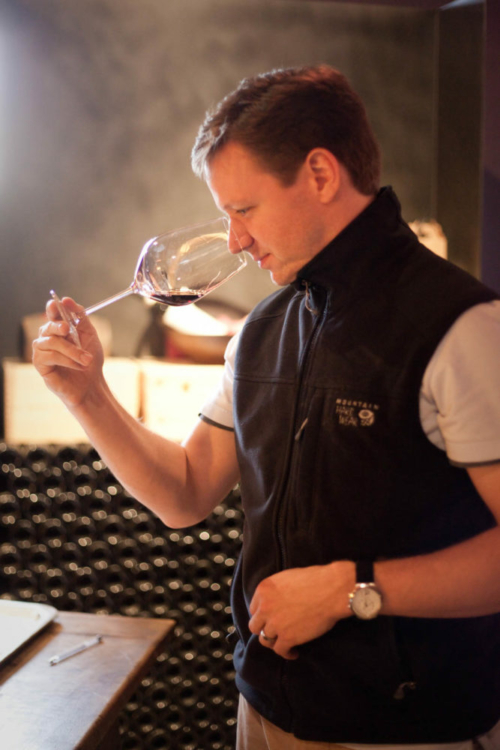
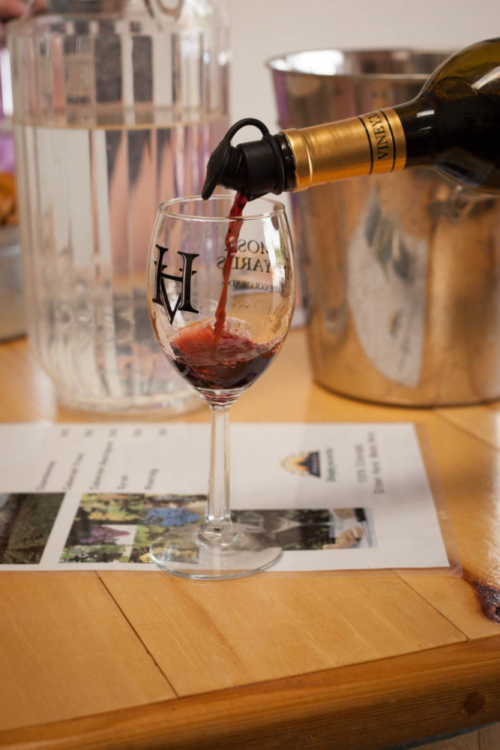

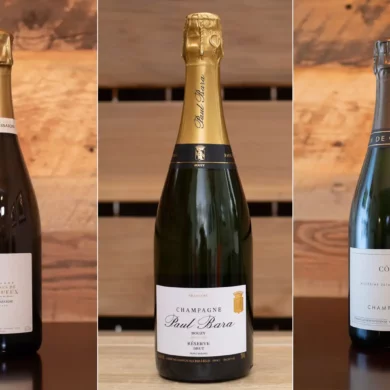
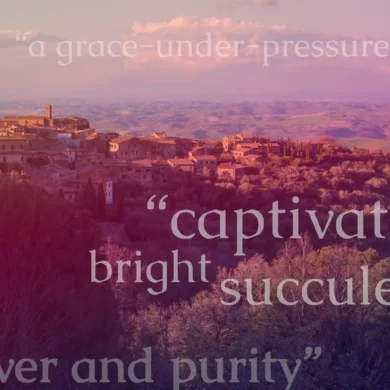
Kevin, this is perfect. I hate seeing people feeling intimidated at a tasting. It should be fun and joyful. Great tips on questions to ask to steer the conversation in a more meaningful direction.
Thank you. It is hard to watch another wine professional lose an audience like that. I had to suppress the urge to step in and help out, but even then, would I have been able to get those people to feel better about their personal taste in wine? It also didn’t help that the wines were truly terrible, and not a good starting point to learning how to better enjoy wine. It might sound like I’m talking out of both sides of my mouth, but the struggle goes on.
So much of event based wine education is tied, either directly or indirectly, to some form of sales. It takes a true master to sell and teach at the same time, and generally speaking true masters are only selling the product they made with their own hands and expertise, not selling on behalf of someone else. As such, even intermediate wine lovers can sense when there is more selling than teaching going on. There is no better example of this than when someone organizes a tasting of dreadful varietally inaccurate wines. Bonus points for colloquial mistakes in terminology and description.
You bring up a very good point on the blurred lines between sales and education. Consumers can easily sniff that out, and that’s partly what was going on here. No wonder this scenario is awkward: I am being pitched some crappy wines and yet this person is also telling me how to use my nose?
It’s doubly bad for the simple reason that it further discourages the amateur’s confidence. **I’m thoroughly unimpressed with this wine’s flavor and quality, but the ostensibly expert lecturer is waxing philosophical about its ethereal perfection. There must be something wrong with me.**